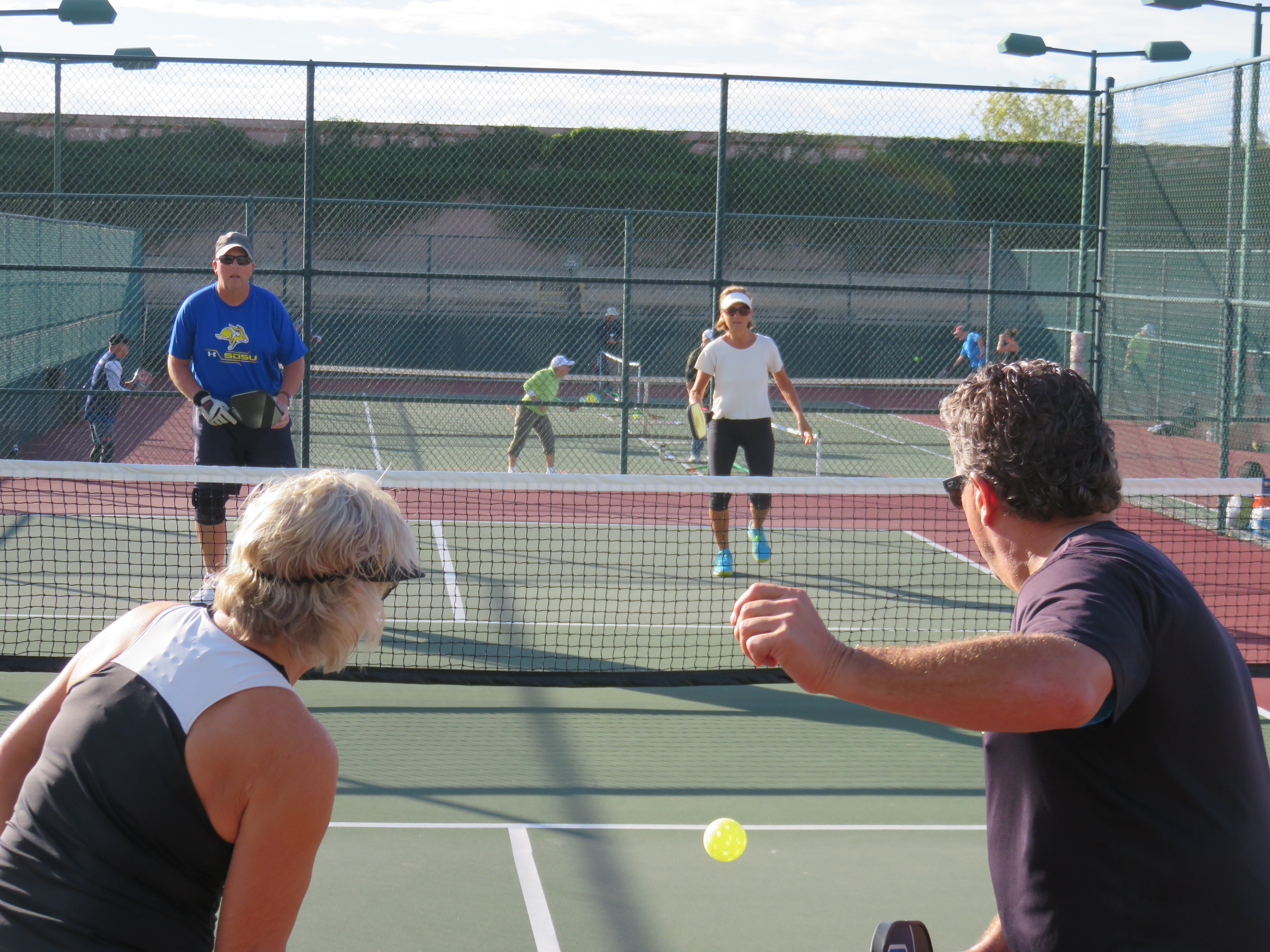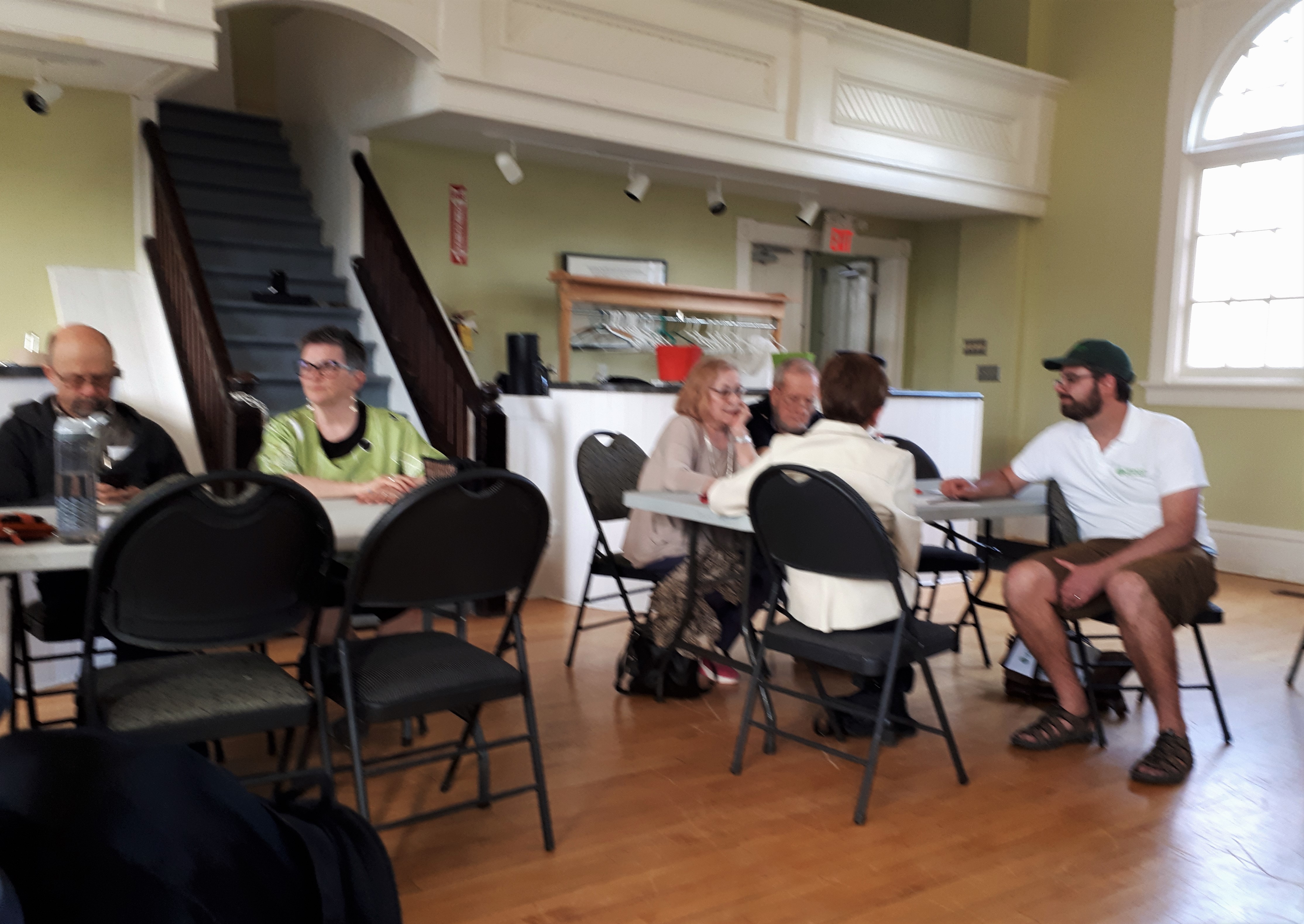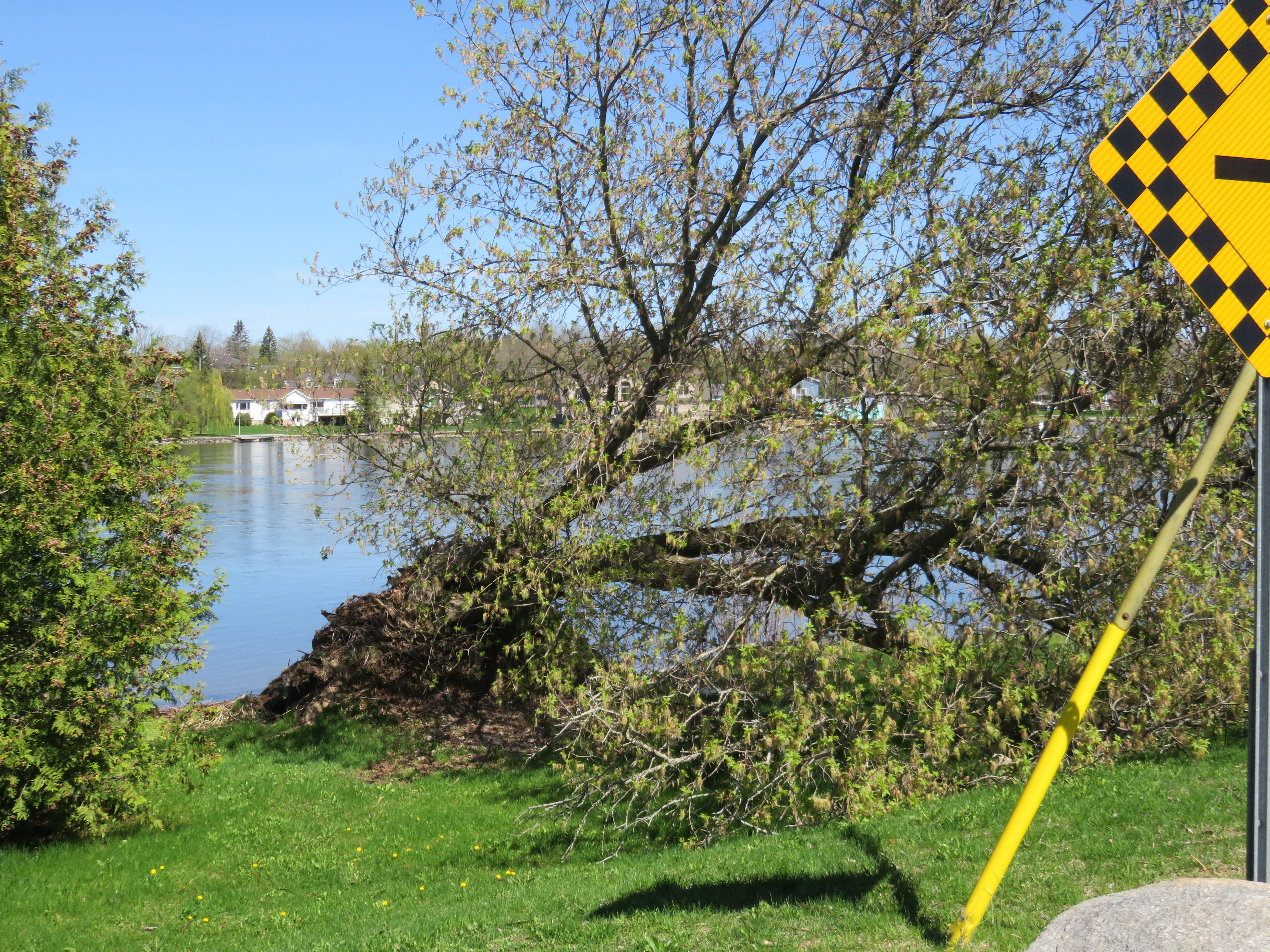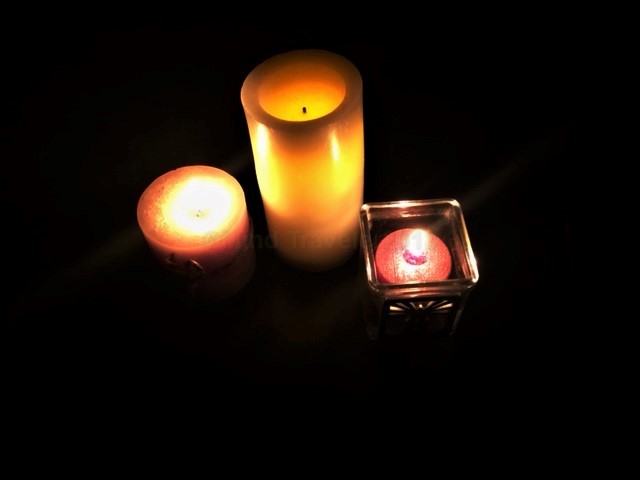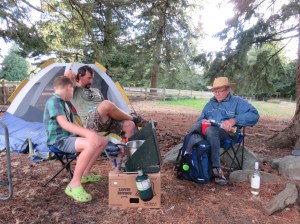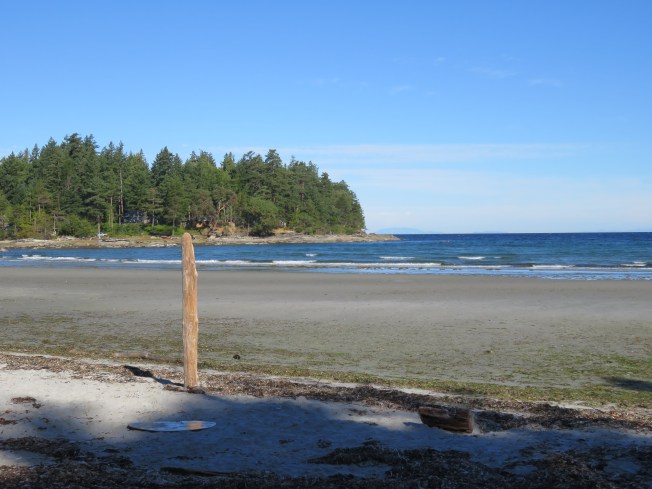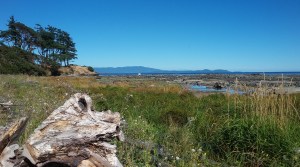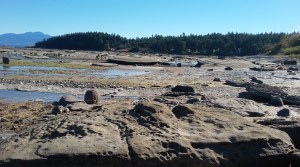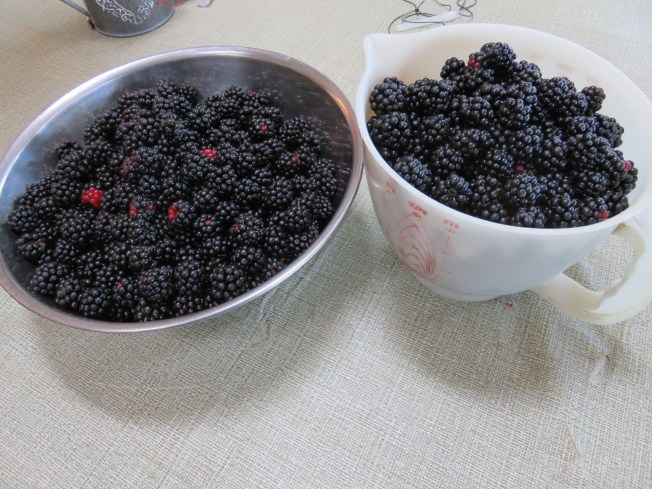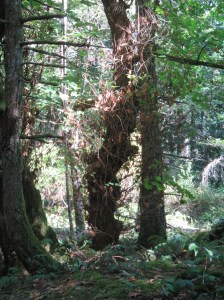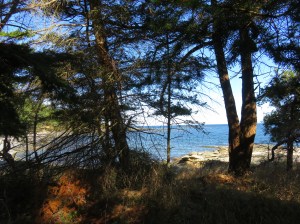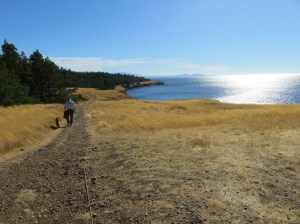As you might have guessed, one of the things happening that has caused me many tears is the treatment of the immigrant children arriving in the United States. I’m not going to get into the politics of this, but yesterday it made me remember a story that I’d written eight years ago about a local family’s journey as immigrants to Canada. I wrote it for submission to a magazine that had previously published my immigrant stories, but the editor felt this one wasn’t what he wanted. I’ve never found another fit for it, so I thought I’d share it with my readers here. This is a longer version. Let me know what you think.
An Albanian Family’s Journey to Freedom
On a cold Saturday morning in January the little restaurant is full except for a few vacant seats at the lunch bar. We wait just a few minutes while a woman occupying one of the booths prepares to leave, rather like waiting for a parking spot at the bank, watching for signs that one will become open soon. We are greeted with the warm welcome by Remzi as if we were part of the family.
“Good morning. How are you today?’ he asks with his heavy accent. By the time we’ve sat down he’s out from behind the bar and standing at our table. “Two coffees to start?” he asks.
His wife, Fejzie, passes by on her way to serve plates of the house special. She smiles too. “How are you today?”
I sip my coffee and listen to the conversations around us. It’s as if we’re all seated at the table in a big family home. Conversations are shared with everyone. Fejzie & Remzi quip with their customers as if with their children. They remember everyone who has been there before.
“Did you bring me picture of torch?” says Remzi as he places our plates before us. At first we don’t catch what he’s saying. Then we remember that the last time we’d been in was the day the Olympic torch was leaving town. We’d taken some pictures and had shown them to him on the camera screen when we’d gone in for breakfast after the event. “I want to see the real pictures, not on camera.” We promise that we will print some up for him.
Remzi greets a newcomer at the end of the bar. Did you know that Pete died? He asks her. “Who’s Pete?” “The old man who used to come in and sit right there,” he replies. “He dropped dead on Wednesday.”
The place is small, maybe a dozen full-sized booths along the wall and one small one. The tables are arborite, the seats fake leather. A half dozen round stools, chrome with brown vinyl seats line the white arborite lunch bar, behind which is the grill, toaster, sinks, etc., all within view. A cook works at the grill and Fejzie & Remzi make toast, pour coffee and tell him the orders. There is a group too large for a booth. Fejzie brings out a folding chair from the back and they put it at the end of the table. Orders are taken with personal questions. No one is offended.

East City Coffee Shop at end of the day
Fejzie and Remzi run the East City Coffee Shop now, although it’s owned by Fejzie and her son Alban. Soup and sandwiches are available, but the specialty is the All Day Breakfast, which begins at 7 am and ends at 3 pm, when the doors are closed. They work hard, but their roots began in a very different world, one much harder. They both grew up in Albania during the Communist era. When asked about their previous lives in Albania, Fejzie dries her hands on her smudged apron and says, “I could write book! People would be surprised.”
Remzi Sina was born in November of 1945. On February 6th, 1950 Fejzie Talo was born. Before communism took control of Albania, both families were wealthy landowners, but under the Communist Party leader, Enver Hoxha, the rich and powerful in the country were considered enemies of the state. They were stripped of their land, bullied and in many cases beaten or thrown into jail. When Remzi was just six months old, his father was imprisoned and his family was moved into a government controlled house.
Fejzie’s fate was more traumatic.
On September 2nd 1950, soon after he’d been beaten nearly to death, her grandpa, with her father (John Talo) and two uncles, fled the country with the intention of joining western forces to return and overthrow the communist government. Three days after their flight, the police arrived at the door of their home. Seven- month- old Fejzie, her mother Fise, and her grandmother were loaded onto the back of a truck and taken to a concentration camp many miles from their home in Korce. They were crowded into what amounted to a bunk house shared with many other detainees. Pasta, water and occasionally a few beans were rationed to young and old alike. There wasn’t even any milk for the baby. . Often they got no drinking water because the pro-Communists were given as much as they wanted first, and it was often wasted as wash water.
“If there was any left behind, we got it,” said Fejzie.
Meals were prepared at one central cooking area. At night they huddled together in their allotted one and a half metres square wooden bed.
“Three times a day the police have to check me, my mom and my grandma to see if we’re all there,” Fejzie tells me in her broken English. “There were so many people there.”
The government took all of their land, and possessions. They weren’t permitted to go anywhere without a stamp. Fejzie says she doesn’t remember much before she was about two or three years old so relies on her mother’s stories up to that time.
Fejzie’s earliest memory was when she was a toddler.
“I remember very good. I go a little bit outside the camp and police see me and throw bomb and I escaped bomb, honest to God!”
Each day Fejzie’s mom tramped through fields to get wood for the police. The rest of her time was spent taking care of her young daughter, and nursing her own ill mother with what resources she could find. Grandma survived. Many others died.
They lived in these concentration camp conditions from 1950 to 1955. Fejzie thinks that her younger uncle, who had been sent to jail for seven years, was better off.
“After five years, things got a little bit better. You were allowed to work to make living, but still under police surveillance. Permission was needed to go outside the work area, which was small. You had to tell police ‘I’m going to see doctor, or wherever’.”
In 1957 they were moved into a small house with one bedroom and a kitchen, no longer in a concentration camp, but they still were not free. They still lined up for their rations of some foods and water, but things such as bread could be bought in a store. Government soldiers watched every move of any anti-communists. If they went to buy bread and it was perceived that they looked at it in a strange way, they were questioned as to why. Food was still rationed, and they had to line up for food, milk and water. They were allowed 10 eggs/week per family, whether a family of 3 or 10 people.
After another ten years they were allowed a little bit more freedom of movement, but restrictions still applied to them. Fejzie loved school but was allowed only to complete grade seven. No one was allowed to go to high school. When boys turned nineteen, they had to spend two years in the army. An exception was made for anti-Communist families; they had to work the land on the government farms, using only a shovel.
In the meantime, when Remzi’s dad was released from jail after many years, his family moved to an area near the capital city of Tiranë. Theirs was not as bad a situation as Fejzie’s family, but high school was still not an option. After public school Remzi worked as a construction labourer. More people were working for the government and people were more educated. However, their movements were still restricted and permission had to be sought days in advance if they wanted to make a trip out of the area. Pro-Communists and anti-Communists were not permitted to associate.
There was no romantic courting for Fejzie and Remzi. They first met on the day they were married, on August 13th, 1972. Typically their marriage was arranged by their families, who’d lived in the same area before Communism separated them.
After they married, Remzi continued to work as a construction labourer. Fejzie was overjoyed to finally be able to return to school at night. She earned a diploma in agriculture.

Fejzie and Remzi Remembering Their Past
For the next 18 years she worked on a government farm. They lived on government owned land in a ramshackle house that had neither wiring nor indoor plumbing. It was there that their two boys, Alban and Gerti were born.
Her mother and grandmother lived with her younger uncle, after he got out of jail and had a family. Fejzie remembers that when her Grandma died, it was a tradition to have a last dinner, with good meat, for people to say goodbye, but the government would not allow them any meat. Fejzie’s mother went to live with Fejzie and Remzi after her mother died.
The boys went to elementary school, but, being descendants of affluent families, they weren’t permitted to pursue academic education. They could, however, attend trade school. Alban became a tool-and-die machinist and started working at age sixteen.
During these years, the four men who’d escaped Albania had spent five years in a Greek refugee camp before the UN stepped up to help disperse people. Their hopes of returning to Albania were dashed, so they chose to come to Canada. Together they opened a restaurant in Toronto, but eventually bought The Tops Motel/Restaurant in Peterborough. In time, two brothers each opened their own coffee shops, leaving John with Tops until he sold it in 1978.
In 1990, when the grip of Communism was loosening in Albania, the Sina family were able to obtain visas to Hungary. It happened that John Talo (Fejzie’s dad) was in Hungary at the time, to renew his visa, and he somehow learned of his family’s whereabouts. He helped them start the process to bring them to Canada. It was easy for Fejzie’s mother to get a visa because she and John were still married, but it was harder for Fejzie and her family. While in Hungary they spent five weeks making daily visits to the Canadian Embassy before they were granted visas to Canada. They arrived in Canada with John on September 2, 1990. After 40 years the family was reunited. Once in Canada they could go to Oshawa to apply for permanent visas. They all lived with John in his house. Life was much better; however, new challenges awaited them.
Gerti and Alban were both enrolled in Grade 9 at the local high school, but Alban found it frustrating not knowing the language and being older than his classmates. He quit after just six months and began working as a dishwasher at the Carousel Restaurant. With his hard work and keenness to learn, he was soon doing the cooking.
Because of the language barrier, finding work was more difficult for their parents. Remzi found construction work in the spring. He knew no English.
“I work on scaffold and Foreman said ‘Go down there and take shovel.’ I go, not take shovel, I take pick,” he recalls with a laugh.
In September Fejzie began working as a housekeeper at The Tops Motel, by then under new ownership. Her years as a housekeeper there and later at The Best Western Hotel didn’t help her much with learning English since she had little contact with other people. A decade later she and Remzi got their start in the restaurant business, when they went to work at The Piccadilly Restaurant as dishwashers.
Gerti finished high school and went to work at Jim’s Pizzeria. Both he and Alban dreamed of one day owning their own restaurant. With that in mind, Gerti later enrolled at Fleming College in Business Administration, but when Alban and Fejzie bought the restaurant on Hunter Street in East City, Gerti gave up on college to join the family business.
“My mom, me, Remzi, Alban and Gerti became Canadian Citizens in 1994,” says Fejzie.
In 2001 Remzi, Fejzie and their two sons, Alban and Gerti bought their own house.
The boys ultimately followed their dreams and opened their European-style restaurant, Gerti’s, in 2005. Alban joined him as the cook, and Fejzie took over East City Coffee Shop. Remzi left The Piccadilly to help her. Immersed in the language of their patrons, they were soon conversing well in English.
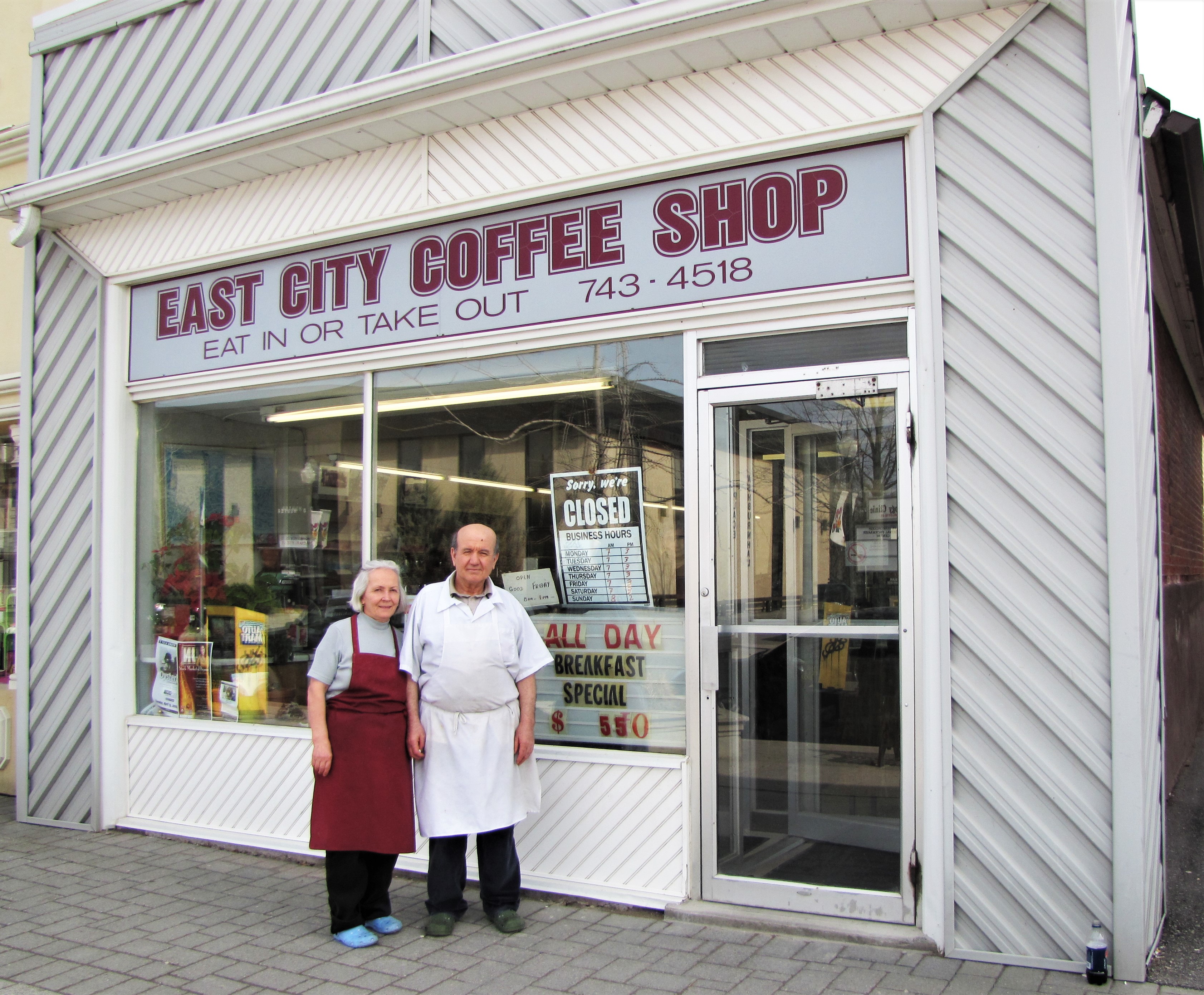
Fejzie and Remzi, happy to be Canadians
Despite their occasional grumbling about being still a long way from retirement, there is always a twinkle in their eyes and a smile on their faces. They are thankful that they were able to come to Canada.
“For Albanians who go to other countries like Greece, Italy, anywhere in Europe, it’s hard to make a living because they won’t give citizenship and they can’t travel to other countries with Albanian passport.”
The last time we stopped into East City Coffee Shop, we were disappointed to find that Remzi and Fejzie were no longer working there. We were concerned until Alban told us that they were retired and caring for Fejzie’s mother. We’re happy for them, but the Coffee Shop just isn’t the same without them.
Did you enjoy what you read? Did you learn something? Nudge your friends to read it too! :)


